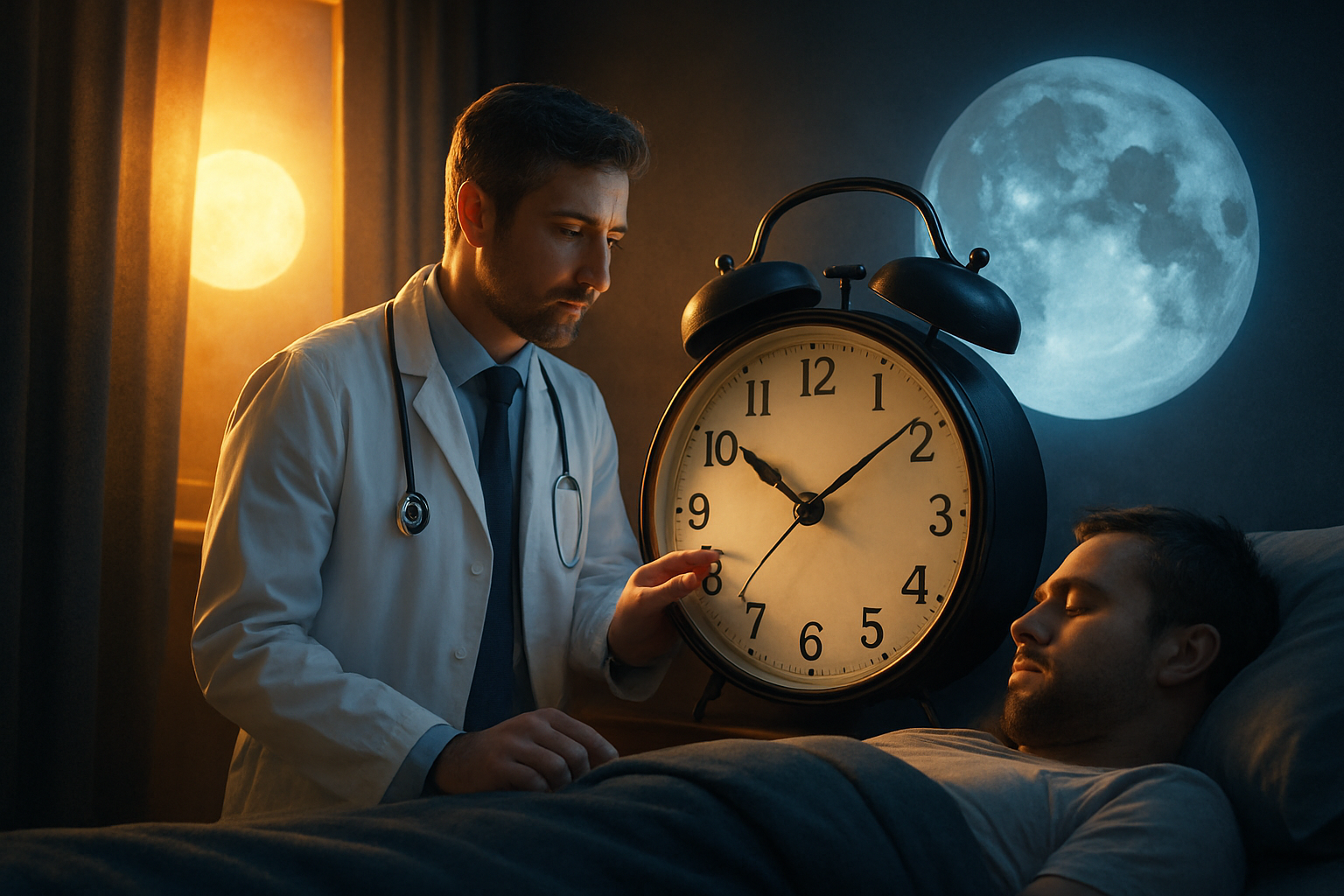UNLOCKING ENERGY: EXPLORING REMEDIES AND TREATMENTS FOR DAYTIME DROWSINESS
Navigating the challenges of daytime sleepiness can be daunting, but understanding its causes and exploring potential treatments can lead to improved energy and well-being. From idiopathic hypersomnia and sleep apnea to lifestyle changes and home remedies, discovering the right approach can help combat excessive fatigue, offering a path to revitalized daily life and enhanced productivity.

What are the common causes of daytime drowsiness?
Daytime drowsiness can result from numerous factors. Sleep disorders such as sleep apnea, narcolepsy, and insomnia are primary culprits. Other medical conditions like chronic fatigue syndrome, depression, and thyroid disorders can also contribute to excessive daytime sleepiness. Lifestyle factors, including irregular sleep schedules, poor sleep hygiene, and certain medications, may exacerbate the issue. Additionally, nutritional deficiencies and dehydration can lead to feelings of fatigue during waking hours.
How can lifestyle adjustments improve energy levels?
Making strategic lifestyle changes can significantly boost energy levels throughout the day. Establishing a consistent sleep schedule, even on weekends, helps regulate the body’s internal clock. Creating a relaxing bedtime routine and optimizing the sleep environment by controlling light, temperature, and noise can enhance sleep quality. Regular exercise, particularly in the morning or early afternoon, can increase alertness and improve nighttime sleep. Limiting caffeine and alcohol consumption, especially in the hours leading up to bedtime, can also contribute to better sleep and reduced daytime drowsiness.
What home remedies and natural solutions can combat fatigue?
Several natural remedies can help alleviate daytime drowsiness. Incorporating energizing foods into your diet, such as fruits, vegetables, and whole grains, provides sustained energy throughout the day. Staying hydrated is crucial, as even mild dehydration can lead to fatigue. Short power naps (15-20 minutes) during the day can refresh the mind without interfering with nighttime sleep. Exposure to natural light, especially in the morning, helps regulate the circadian rhythm. Herbal teas like peppermint or ginger can provide a natural energy boost, while aromatherapy with essential oils like rosemary or citrus can enhance alertness.
When should one seek medical treatment for excessive sleepiness?
If daytime drowsiness persists despite lifestyle changes and home remedies, it’s important to consult a healthcare professional. Chronic fatigue that interferes with daily activities, sudden onset of excessive sleepiness, or drowsiness accompanied by other symptoms like snoring, morning headaches, or mood changes warrants medical attention. A doctor can help identify underlying conditions such as sleep apnea, narcolepsy, or other sleep disorders that may require specific treatments.
What medical treatments are available for daytime drowsiness?
In the United States, treatment options for daytime drowsiness vary depending on the underlying cause. For sleep apnea, continuous positive airway pressure (CPAP) therapy is a common and effective treatment. Medications such as modafinil or armodafinil may be prescribed for conditions like narcolepsy or shift work sleep disorder. Cognitive behavioral therapy for insomnia (CBT-I) has shown promising results in improving sleep quality and reducing daytime fatigue. In some cases, treating underlying medical conditions like thyroid disorders or depression can significantly alleviate daytime drowsiness.
How can professional sleep studies aid in diagnosis and treatment?
Professional sleep studies, conducted in specialized sleep centers or at home, play a crucial role in diagnosing sleep disorders that contribute to daytime drowsiness. These studies typically involve overnight monitoring of various physiological parameters, including brain activity, eye movements, heart rate, and breathing patterns. Polysomnography, the most comprehensive sleep study, can diagnose conditions like sleep apnea, periodic limb movement disorder, and narcolepsy. Multiple Sleep Latency Tests (MSLT) specifically assess daytime sleepiness by measuring how quickly a person falls asleep during short daytime naps.
| Sleep Study Type | Purpose | Typical Duration | Setting |
|---|---|---|---|
| Polysomnography | Comprehensive overnight sleep assessment | 6-8 hours | Sleep center |
| Home Sleep Apnea Test | Focused evaluation for sleep apnea | 1 night | At home |
| Multiple Sleep Latency Test | Measures daytime sleepiness | Full day (4-5 nap opportunities) | Sleep center |
| Maintenance of Wakefulness Test | Assesses ability to stay awake | Full day (4 trials) | Sleep center |
Prices, rates, or cost estimates mentioned in this article are based on the latest available information but may change over time. Independent research is advised before making financial decisions.
Addressing daytime drowsiness effectively often requires a multifaceted approach, combining lifestyle adjustments, natural remedies, and, when necessary, medical interventions. By understanding the underlying causes and exploring various treatment options, individuals can take significant steps towards improving their energy levels and overall quality of life. Remember that persistent or severe daytime sleepiness should always be evaluated by a healthcare professional to ensure proper diagnosis and treatment.
This article is for informational purposes only and should not be considered medical advice. Please consult a qualified healthcare professional for personalized guidance and treatment.




